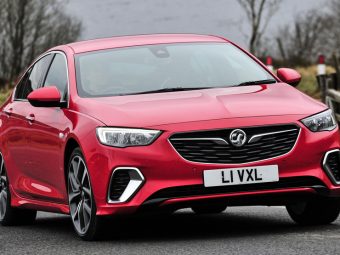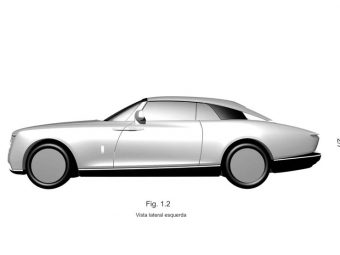Plugin hybrid vehicles have both advantages and disadvantages. Here are some of the main pros and cons:
Pros:
1. Increased fuel efficiency: Plugin hybrids offer better fuel efficiency than conventional gasoline vehicles. This is because they use both an electric motor and a gasoline engine, which work together to optimize fuel consumption.
2. Reduced emissions: Plugin hybrids emit fewer greenhouse gases than conventional gasoline vehicles, especially if they are driven in electric mode for most of the time. This makes them a more environmentally friendly option.
3. Convenience: Plugin hybrids can be charged using a regular household outlet or at a charging station, which makes them more convenient than pure electric vehicles that require specialized charging infrastructure.
4. Range: Plugin hybrids have a longer range than pure electric vehicles, which means they can be driven for longer distances without needing to be charged.
Cons:
1. Higher cost: Plugin hybrids are generally more expensive than conventional gasoline vehicles. This is due to the added cost of the electric drivetrain and battery.
2. Limited electric range: Plugin hybrids have a limited electric range, which means they still rely on gasoline to power the vehicle after the battery is depleted. This can reduce their environmental benefits.
3. Maintenance: Plugin hybrids have more complex drivetrains and require specialized maintenance, which can be more expensive than maintaining a conventional gasoline vehicle.
4. Charging infrastructure: Although plugin hybrids can be charged at home, charging infrastructure can be limited in some areas, which can limit their utility.
Overall, plugin hybrids offer a good balance between the benefits of electric vehicles and the convenience of gasoline vehicles. However, they may not be the best choice for everyone, depending on individual driving habits and priorities.
6 Reasons Why Electric Cars Are The Better Choice Over PHEVs
Electric cars are a better alternative to PHEVs (Plugin Hybrid Electric Vehicles) for a number of reasons:
1. Zero tailpipe emissions: Electric cars produce zero tailpipe emissions, which means they are completely emission-free and do not contribute to air pollution. PHEVs, on the other hand, still emit greenhouse gases and pollutants when running on gasoline.
2. Lower cost of ownership: Although the upfront cost of an electric car is typically higher than that of a PHEV, the total cost of ownership can be lower due to lower maintenance and fuel costs.
3. Simpler maintenance: Electric cars have simpler drivetrains and fewer moving parts than PHEVs, which means they require less maintenance and are less prone to mechanical issues.
4. Longer range: Some electric cars have a longer range than PHEVs, which means they can be driven for longer distances without needing to be charged.
5. Growing charging infrastructure: The charging infrastructure for electric cars is rapidly growing, which means it is becoming easier and more convenient to charge an electric car. PHEVs still rely on gasoline for longer trips.
6. Future-proof: With more and more countries committing to phasing out gasoline and diesel vehicles in the coming years, owning an electric car ensures that you won’t be left with an outdated vehicle in the near future.
Overall, electric cars offer a cleaner, simpler, and more future-proof alternative to PHEVs. However, it’s important to consider your individual driving habits and needs to determine which type of vehicle is right for you.








